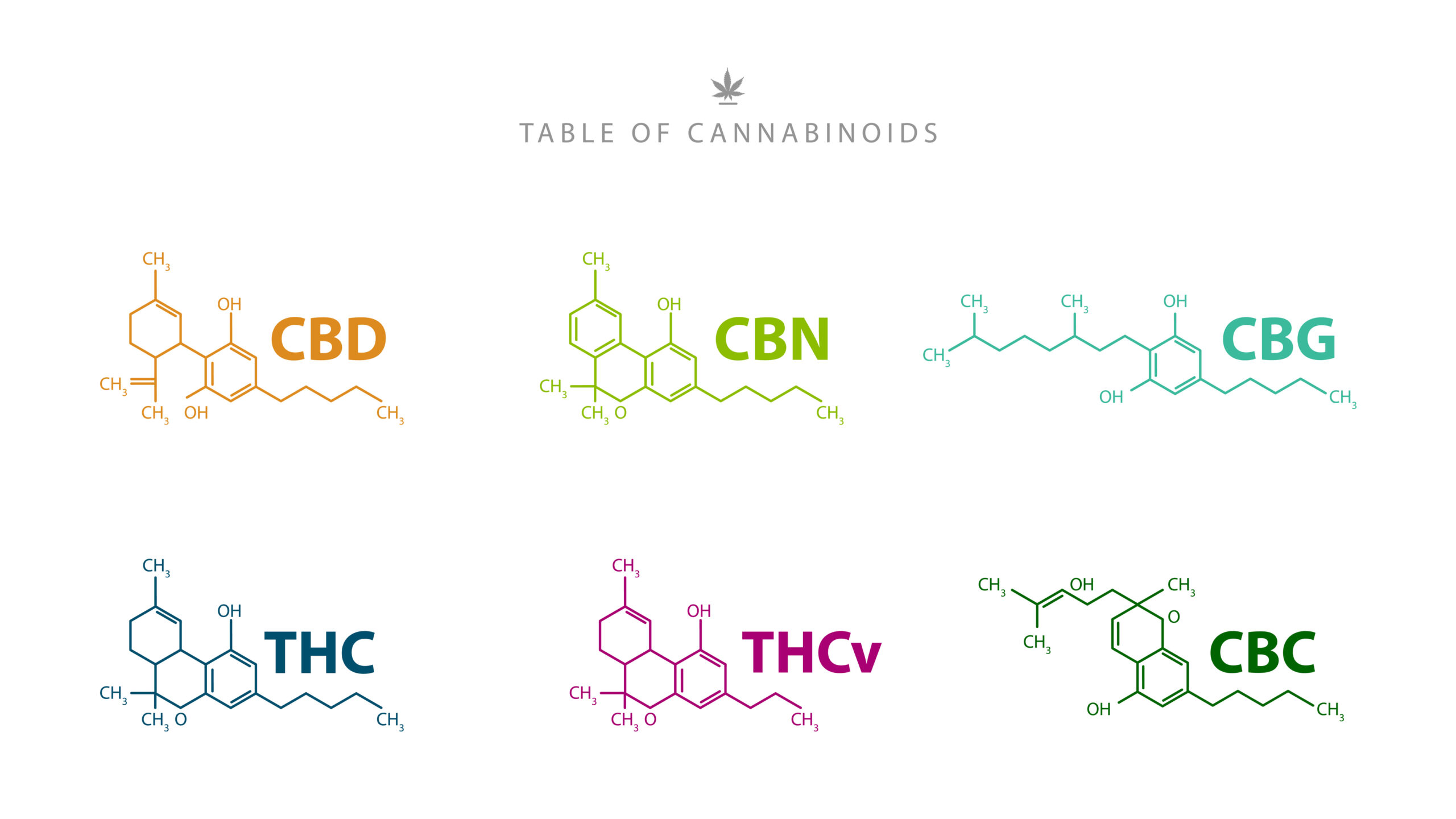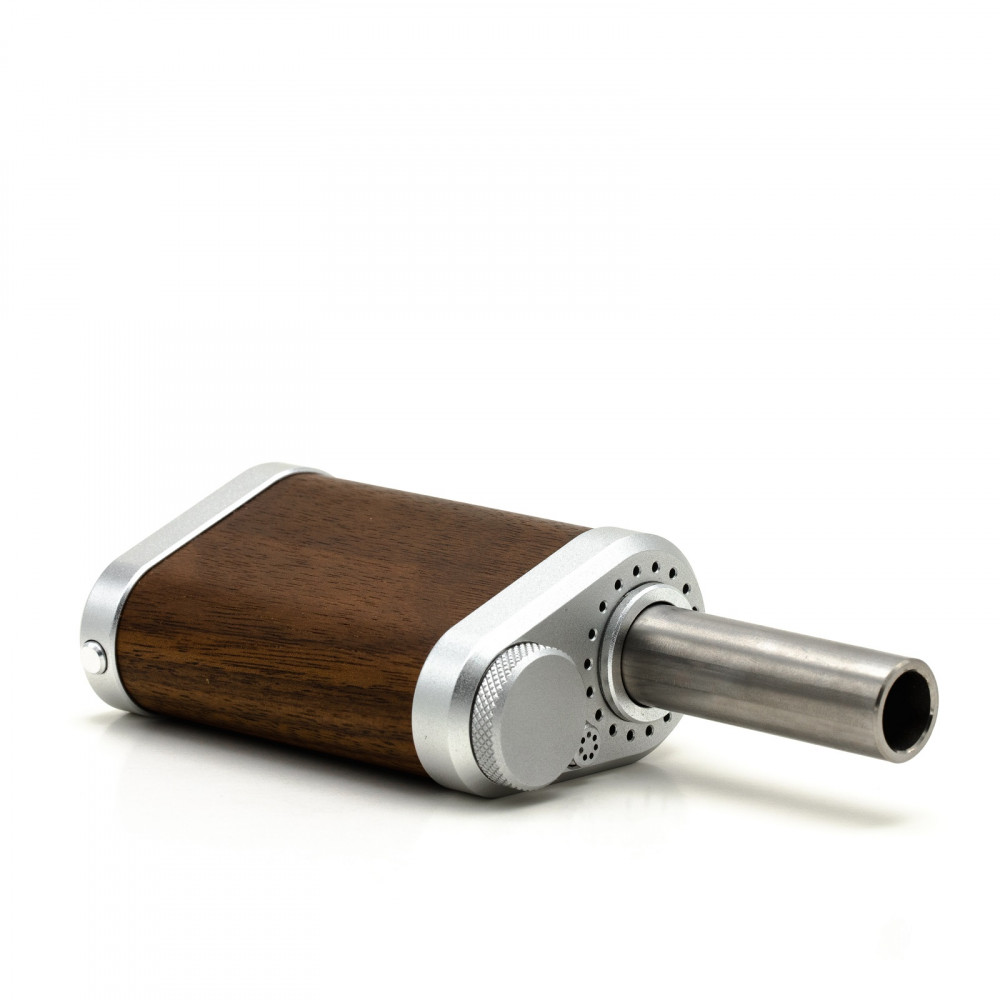

Exploring the Differences in Effects: CBD, CBG, and CBN
Introduction
Cannabinoids are the diverse group of naturally occurring compounds found in the cannabis plant. Among these, CBD (cannabidiol), CBG (cannabigerol), and CBN (cannabinol) have gained significant attention in recent years for their potential therapeutic effects. While these cannabinoids share some similarities, they each have unique properties and effects on the human body. In this blog post, we will delve into the differences between CBD, CBG, and CBN to better understand their potential benefits and uses.
CBD (Cannabidiol)
Cannabidiol (CBD) is the most well-known and researched cannabinoid, mainly due to its non-psychoactive nature and wide range of therapeutic applications. It has gained popularity as a natural remedy for various health conditions, such as anxiety, epilepsy, and chronic pain. Here are some key effects of CBD:
- Non-psychoactive: CBD does not produce a “high” feeling, as it does not bind directly to the CB1 receptors in the brain.
- Anti-inflammatory: CBD has been shown to possess anti-inflammatory properties, which may help in the management of chronic pain, arthritis, and other inflammatory conditions.
- Anxiolytic: CBD has been demonstrated to reduce anxiety and stress in both animal and human studies, making it a potential treatment for anxiety-related disorders.
- Antiepileptic: CBD has shown promise as a treatment for epilepsy, particularly in reducing the frequency and severity of seizures in certain forms of the condition.
CBG (Cannabigerol)
Cannabigerol (CBG) is a lesser-known cannabinoid, often referred to as the “mother” or “stem cell” of cannabinoids because it serves as the precursor to other cannabinoids, including CBD, THC, and CBC. CBG has been found to have its own unique set of therapeutic effects:
- Anti-inflammatory: Like CBD, CBG has demonstrated anti-inflammatory properties, which could potentially help in the treatment of inflammatory bowel disease, arthritis, and other inflammatory conditions.
- Antibacterial: CBG has shown promising antibacterial effects, particularly against antibiotic-resistant bacteria like MRSA (Methicillin-resistant Staphylococcus aureus).
- Neuroprotective: Early research suggests that CBG may have neuroprotective effects and could potentially be beneficial for individuals with neurodegenerative diseases like Alzheimer’s or Parkinson’s disease.
- Appetite stimulant: Unlike CBD, CBG may stimulate appetite, which could be helpful for those struggling with a loss of appetite due to illness or other factors.
CBN (Cannabinol)
Cannabinol (CBN) is a cannabinoid that is created as THC ages and breaks down. Although it is present in smaller amounts in the cannabis plant, it has gained interest for its unique effects:
- Mildly psychoactive: Unlike CBD, CBN has mild psychoactive effects, although it is much less potent than THC.
- Sedative: CBN is known for its sedative properties, which may help individuals struggling with insomnia or other sleep-related issues.
- Pain relief: CBN has demonstrated potential as a pain reliever, particularly in combination with other cannabinoids like CBD or THC.
- Anti-convulsant: Some studies suggest that CBN may have anti-convulsant properties, although more research is needed to confirm these findings.
Conclusion:
Cannabinoids like CBD, CBG, and CBN each offer unique effects and potential therapeutic benefits. As research continues to advance, our understanding of these compounds and their interactions with the human body will only grow. Whether you’re seeking pain relief, better sleep, or anxiety management, it’s essential to understand the differences between these cannabinoids to make an informed choice about the best option for your needs.
Always consult with a healthcare professional before starting any new supplement or treatment!



